WiSM Auto-LAG Feature
 Friday, November 20, 2009 at 5:46PM
Friday, November 20, 2009 at 5:46PM When installing WiSMs in the past I would do it the old fashion way. You know, create my 4 port channels (2 for management) (2 for the controllers), configure the 8 gig interfaces (these come up once the WiSM is installed), and assign these to the port channels.
Software release 12.2(18)SXF5(Sup 720) has a new WiSM feature call "auto-lag". I am always cautions with anything with the word "auto" when it comes to networking. However I was pleasantly surprised with the new feature. So what is auto-lag -- auto-lag allows you to configure a controller with 3 simple commands rather then doing the multiple steps. 
Lets walk through the steps of auto-lag. In this example we will configure a WiSM in MOD 3 controller 1. We will be have native vlan 100 and allow vlans 200,201,202 and 203. These are my wired interfaces which tie to SSIDs.
#> wism module 3 controller 1 native an 100 <--- This creates a native vlan. This is used for your controller management (untagged)
#>wism module 3 controller 1 allowed-vlan native 100, 200, 201,202,203 <--- This allows which vlans are allowed
#>wism module 3 controller 1 qos-trust dscp <--- Good ol' QoS
This is the output of the show run with auto lag. Note you will not see the gig interfaces and the port channel in the show run output, as you would normally expect to. But don’t worry they are there.
#>show run
wism module 3 controller 1 allowed-vlan 100,200-203
wism module 3 controller 1 native-vlan 100
wism module 3 controller 1 qos-trust dscp
If you want to see the etherchannel you can
#>show etherchannel
Channel-group listing:
-----------------------
Group: 287
----------
Group state = L2
Ports: 4 Maxports = 8
Port-channels: 1 Max Port-channels = 1
Protocol: -
Minimum Links: 0
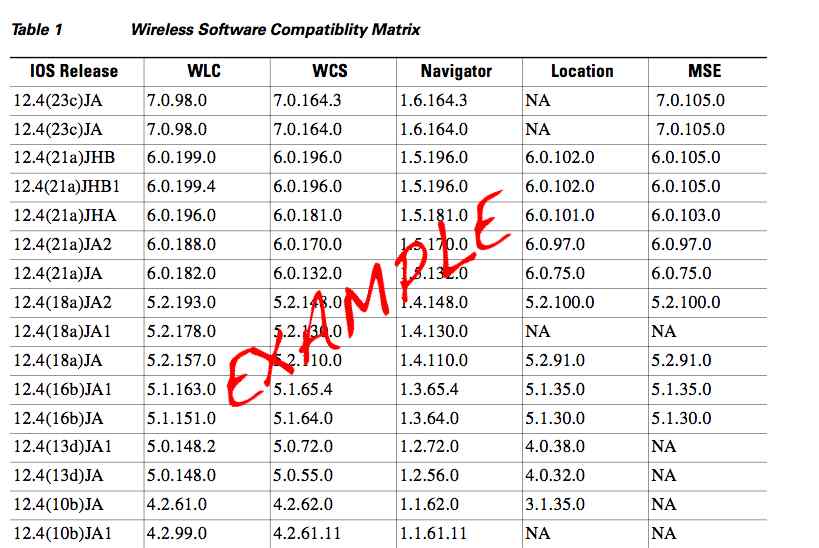



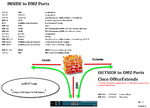
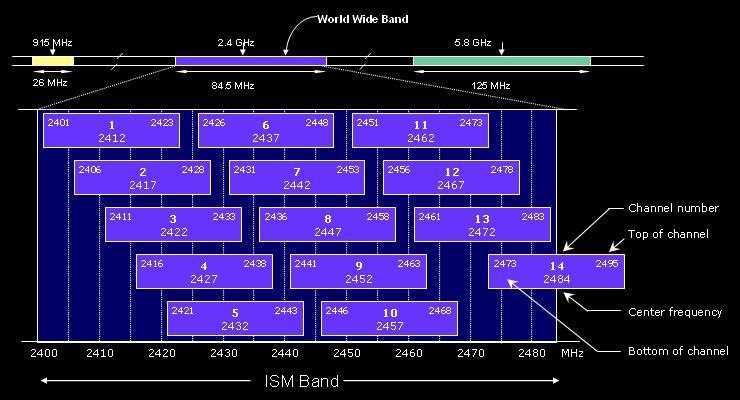
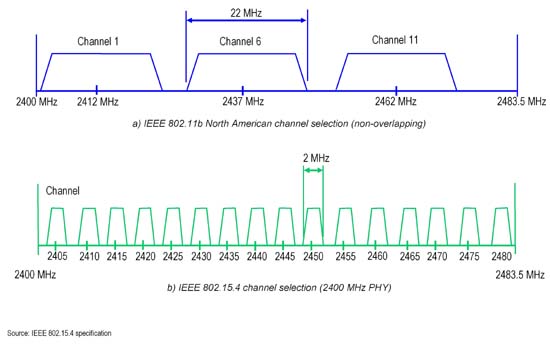
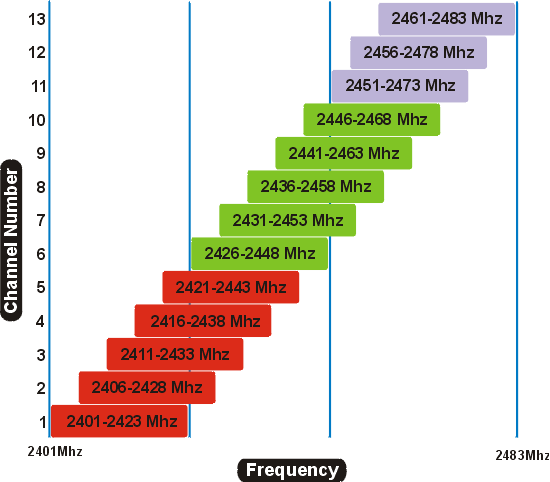

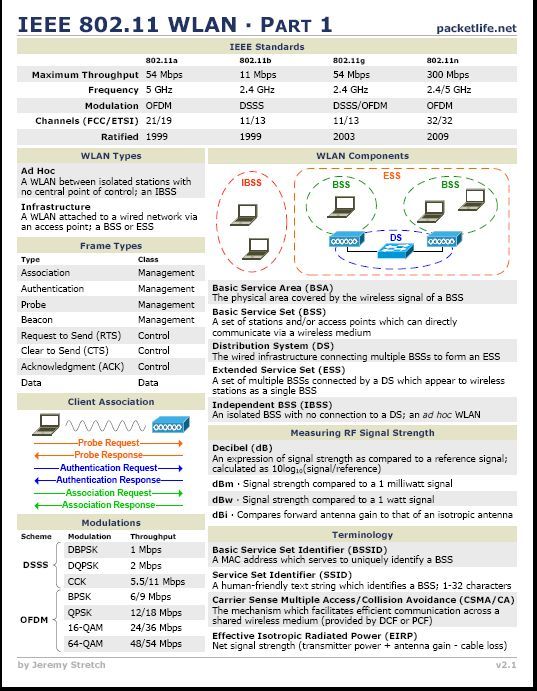
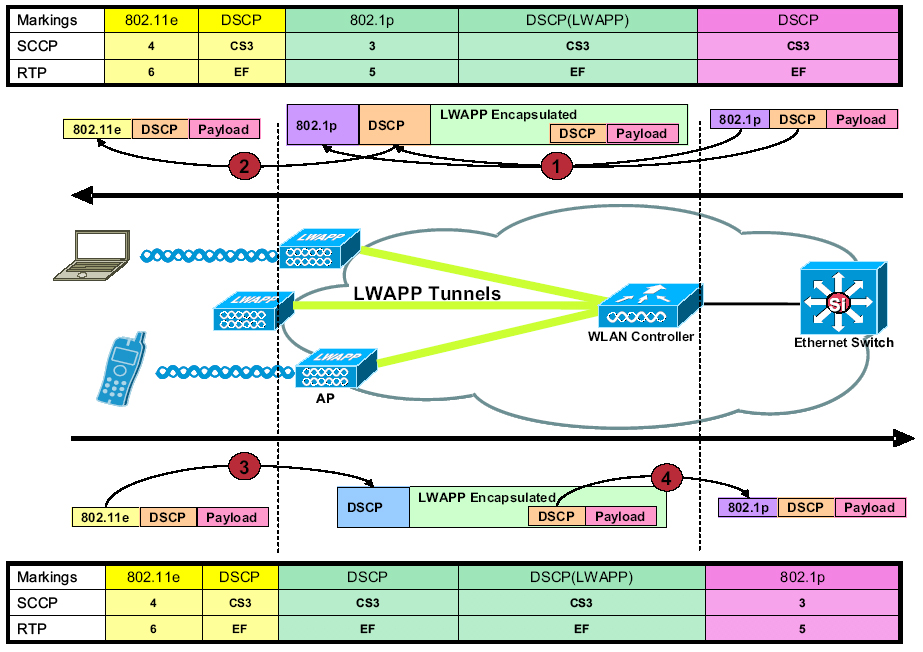
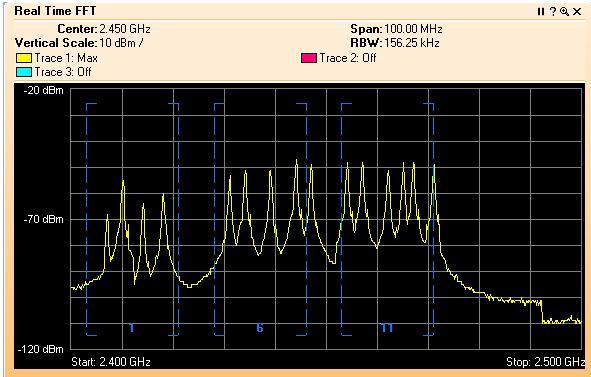
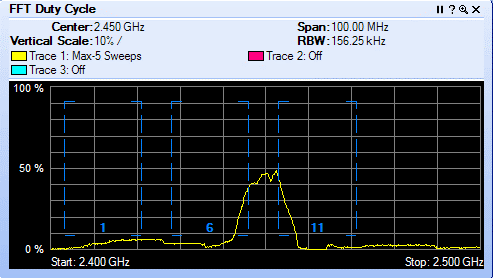
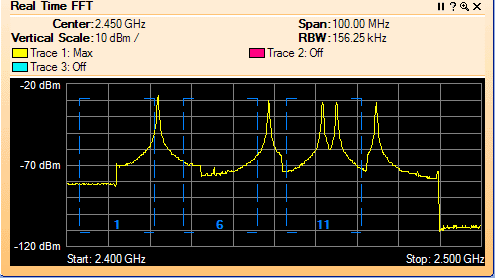
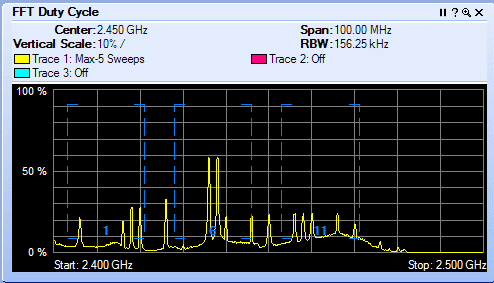
Reader Comments (1)
Interesting tip about the 12.2(18)SXF5(Sup 720) auto-lag. I wonder if the CCIE Wireless lab will incorporate this version.